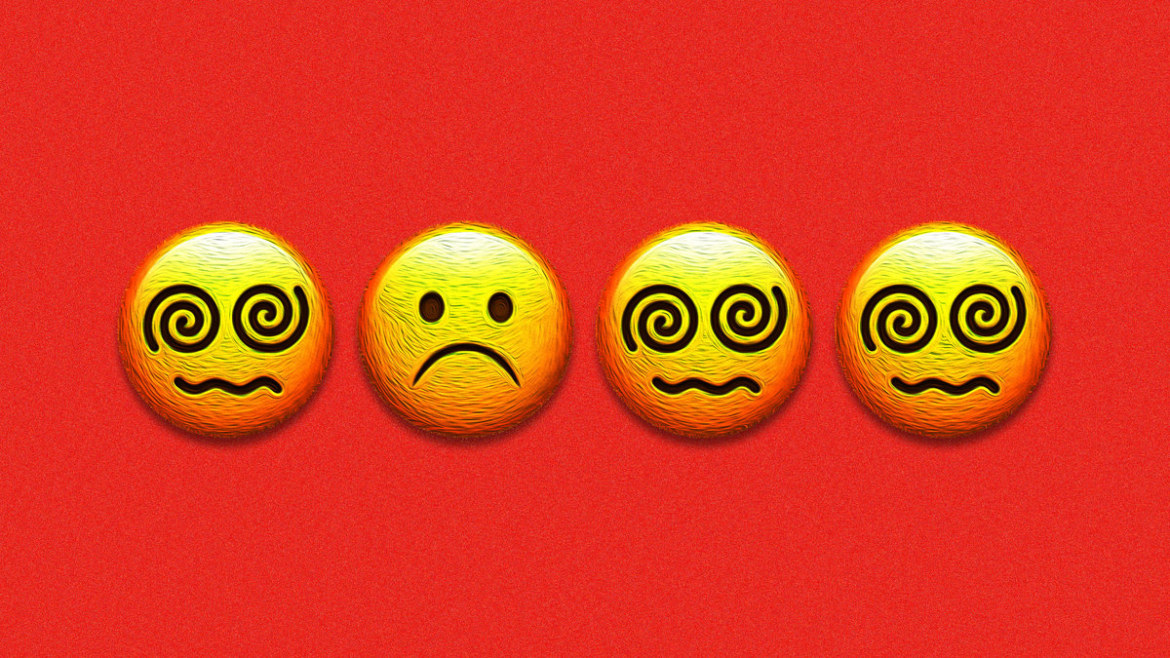Photo Illustration by Kelly Caminero / The Daily Beast
In the U.S. alone, roughly 14.8 million adults and 4.1 adolescents have had at least one major depressive episode in 2020. If you’re reading this, there’s a good chance you’ve had an episode or have clinical depression yourself.
Despite its wide prevalence, though, treating depression can be difficult. Not only do 39 percent of adults with major depressive disorder (MDD) not receive treatment, but finding the right combination of therapy and medication can be a moving target. After all, everyone’s brain is different and, therefore, reacts to treatment differently.
However, new research might have unveiled a new way to approach treating depression. A study published Wednesday in the journal Science Advances revealed one way that stress and genetics work to create depression. The study’s authors found that a molecule in the brain called Fos might be responsible for the way that we handle (or don’t handle) stressful situations—and as a result, govern the degree to which stress can trigger depression
Got a tip? Send it to The Daily Beast here

